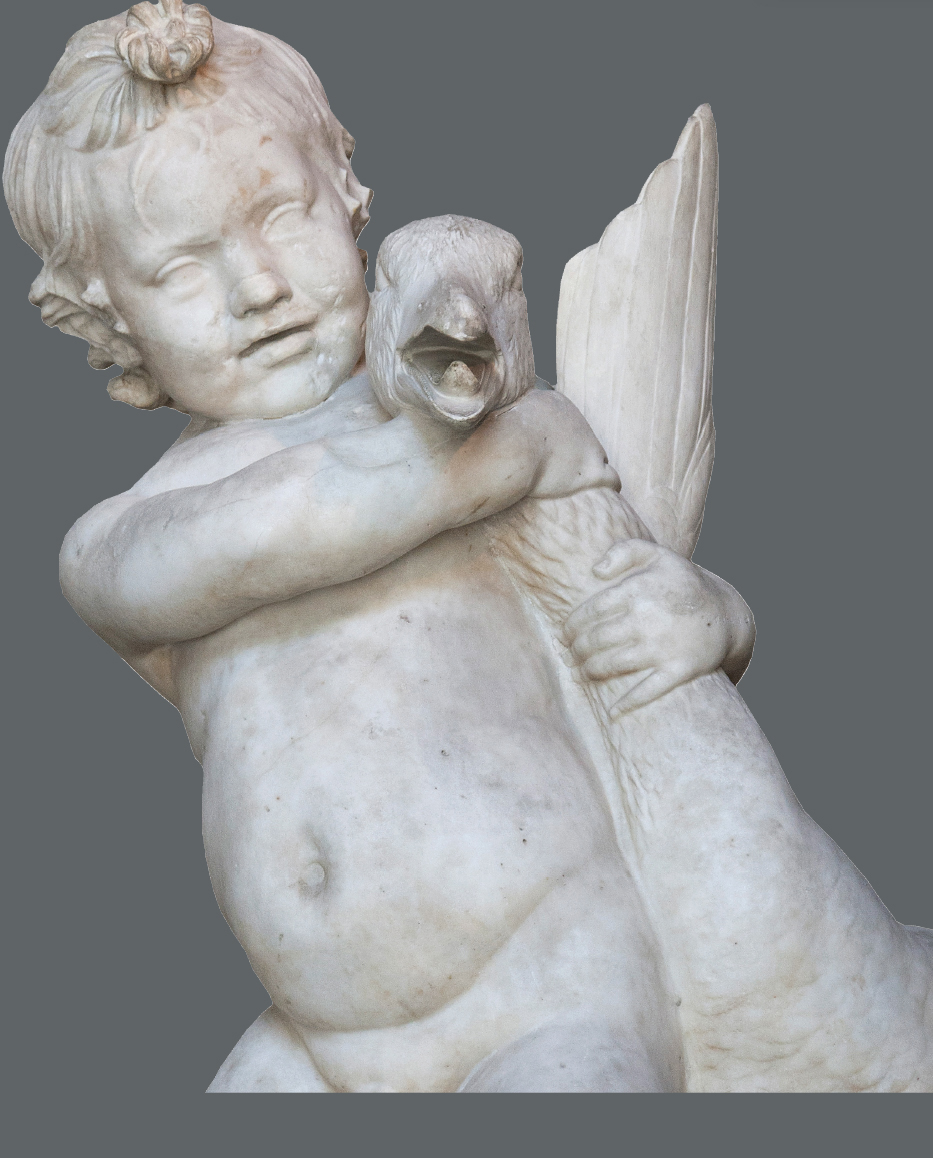A History of World Societies:
Printed Page 115
A History of World Societies Value
Edition: Printed Page 113
Introduction for Chapter 5
5
The Greek Experience
3500–30 B.C.E.

Humans came into Greece over many thousands of years, in waves of migrants whose place of origin and cultural characteristics have been the source of much scholarly debate. The people of ancient Greece built on the traditions and ideas of earlier societies to develop a culture that fundamentally shaped the civilization of the western part of Eurasia much as the Chinese culture shaped the civilization of the eastern part. The Greeks were the first in the Mediterranean and neighboring areas to explore many of the questions about the world around them and the place of humans in it that continue to concern thinkers today. Drawing on their day-
Historians, archaeologists, and classicists divide the history of the Greeks into three broad periods: the Helladic period, which covered the Bronze Age, roughly 3000 B.C.E. to 1200 B.C.E.; the Hellenic period, from the Bronze Age Collapse to the conquest of Greece by Macedonia in 338 B.C.E.; and the Hellenistic period, stretching from the death of Alexander the Great, the ruler of Macedonia, in 323 B.C.E. to the Roman conquest in 30 B.C.E. of the kingdom established in Egypt by Alexander’s successors. During the Hellenic period, Greeks developed a distinctive form of city-